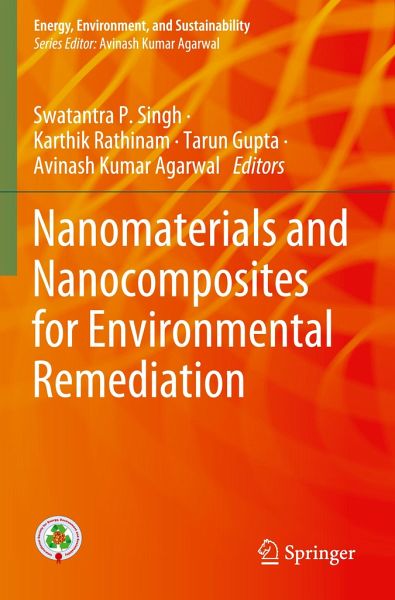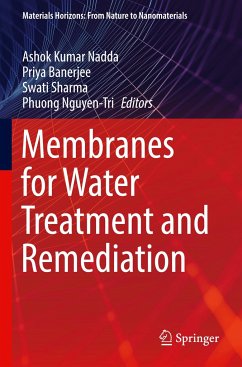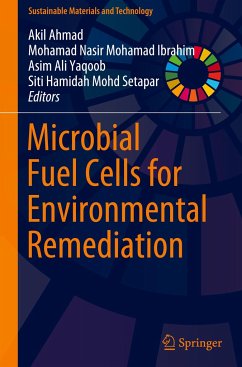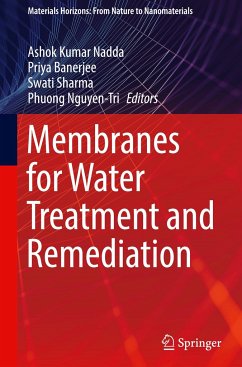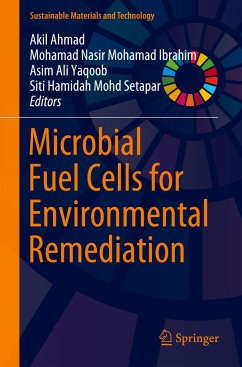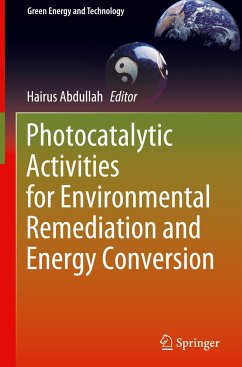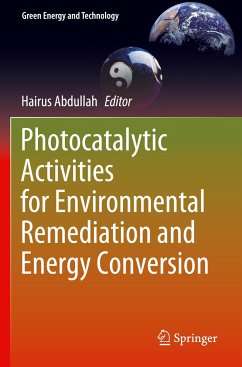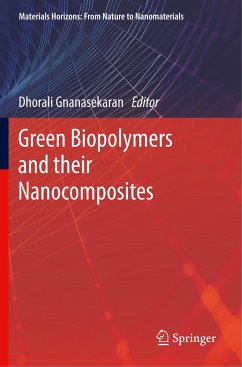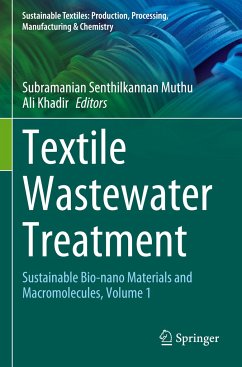Dr. Swatantra Pratap Singh is an environmental engineer with experience in membrane fabrication, environmental nanotechnology, fate, and transport of pollutants and emerging contaminants in the environment. Currently, he is an assistant professor in the Environmental Science and Engineering Department at Indian Institute of Technology Bombay, India. He has developed a key technology to fabricate the membranes for water purification and print graphene in-situ in a single step. He has four US patents (two granted and two provisional) on membrane and laser-based graphene fabrication techniques. He has authored 19 journal articles, one book, and three book chapters. He recently won the INAE Young Engineer Award (2020) and ISEES Young Scientists Award (2020). Dr. Karthik Rathinam is currently leading adsorption technology group at the Chair for Process and Mechanical Engineering/Water Technology, University of Duisburg-Essen, Germany. His research interest is mainly focused on water and wastewater treatment including precipitation of inorganic minerals, development of antiscaling and antifouling membranes, development of porous eco-friendly based adsorbents, thermal reactivation of activated carbon, emerging contaminants removal, etc. After his Ph.D. from the Gandhigram Rural Institute, India, he worked as a postdoctoral researcher in Zuckerberg Institute for Water Research, Israel and BASF-SE, Germany. He is serving as a reviewer for several Scopus indexed journals. He is a recipient of many national and international awards and has published 18 research articles in a highly reputed peer-reviewed journals and one book chapter. Prof. Tarun Gupta is doctorate from Harvard University, USA, and M.Tech. from Indian Institute of Technology (IIT) Bombay, India. He has authored more than 125 ISI indexed journal publications, 3 books, 10 book chapters, 4 patents, and has been reviewer of morethan 36 journals. He has guided 6 Ph.D. and 34 M.Tech. theses. A submicron aerosol sampler designed, developed and evaluated by him at IIT Kanpur has been commercialized by Envirotech. He has developed a high volume fine PM sampler and transferred technology to BARC. He is currently P. K. Kelkar research fellow and selected member of INYAS and INAE Associate. He has recently won INAE Innovator and Entrepreneur Award (2018), VNMM award (2017), NASI-SCOPUS Award (2015), INSA Medal for Young Scientist (2011), INAE Young Engineer Award (2009) and IEI Young Engineer Award (2008). He is currently N C Nigam Chair Professor and serving as Associate Dean of Research and Development at IIT Kanpur. Prof. Avinash Kumar Agarwal joined the Indian Institute of Technology (IIT) Kanpur, India in 2001 after working as a post-doctoral fellow at the Engine Research Center, University of Wisconsin at Madison, USA. His interests are IC engines, combustion, alternate and conventional fuels, lubricating oil tribology, optical diagnostics, laser ignition, HCCI, emissions and particulate control, and large bore engines. Prof. Agarwal has published 290+ peer reviewed international journal and conference papers, 42 edited books, 78 books chapters and has 10000+ Scopus and 15300+ Google scholar citations. He is a Fellow of SAE (2012), Fellow of ASME (2013), Fellow of ISEES (2015), Fellow of INAE (2015), Fellow of NASI (2018), Fellow of Royal Society of Chemistry (2018), and a Fellow of American Association of Advancement in Science (2020). He is recipient of several prestigious awards such as Clarivate Analytics India Citation Award-2017 in Engineering and Technology, NASI-Reliance Industries Platinum Jubilee Award-2012; INAE Silver Jubilee Young Engineer Award-2012; Dr. C. V. Raman Young Teachers Award: 2011; SAE Ralph R. Teetor Educational Award -2008; INSA Young Scientist Award-2007; UICT Young Scientist Award-2007; INAE Young Engineer Award-2005. Prof. Agarwal received Prestigious Shanti Swarup Bhatnagar Award-2016 in Engineering Sciences. For his outstanding contributions, Prof. Agarwal is conferred upon Sir J C Bose National Fellowship (2019) by SERB.
